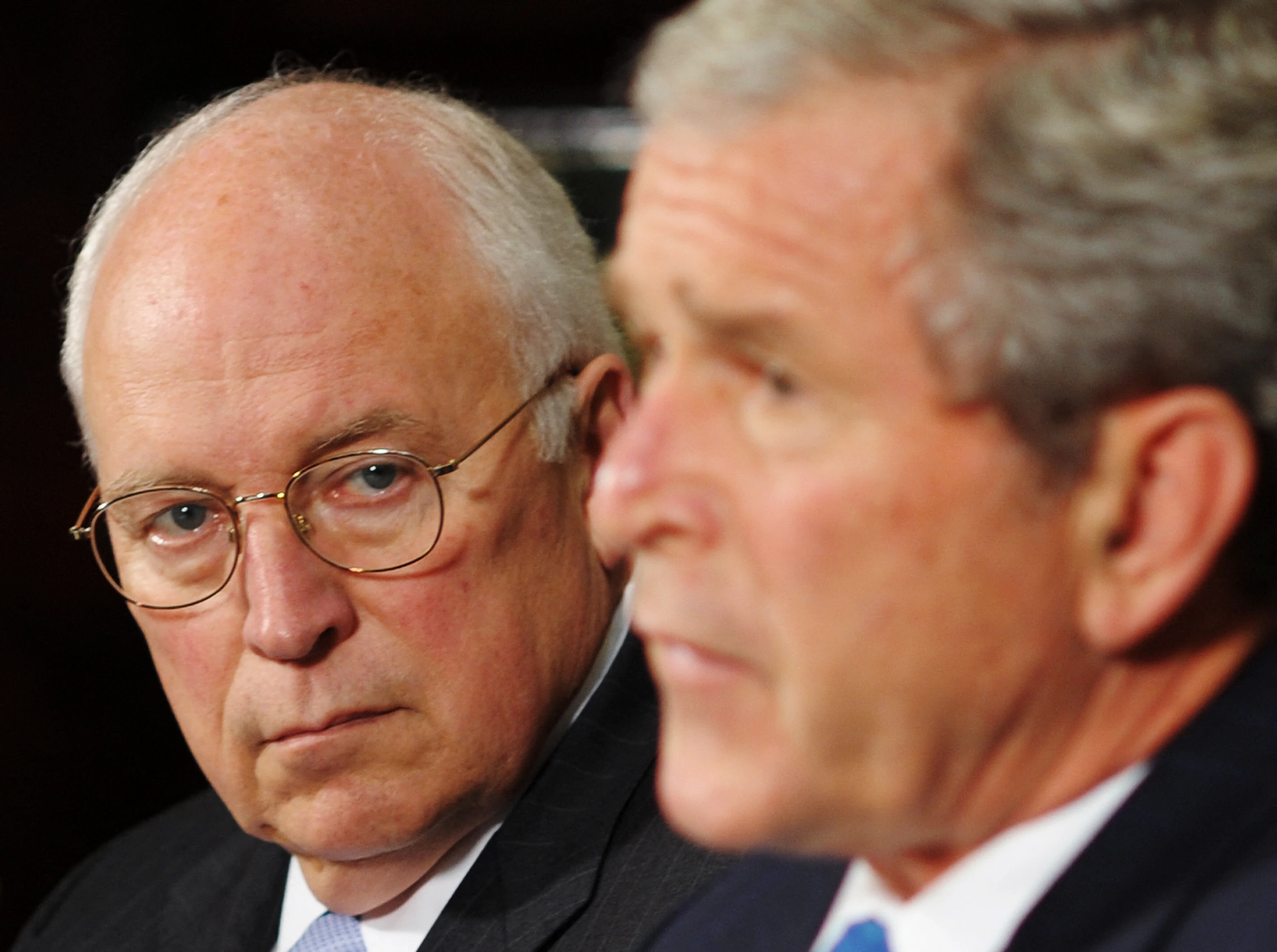ERBIL, Kurdistan Region of Iraq - Former US Vice President Dick Cheney died aged 84 on Tuesday after succumbing to complications relating to pneumonia and cardiac and vascular disease, according to a statement released by his family.
"For decades, Dick Cheney served our nation, including as White House Chief of Staff, Wyoming's Congressman, Secretary of Defense, and Vice President of the United States," the statement read.
Cheney served as vice president during the administrations of George W. Bush between 2001 and 2009, garnering a reputation as the most powerful US deputy whose neoconservative worldview played a vital role in supporting and facilitating Washington's invasion of Iraq in 2003 to depose Ba'athist leader Saddam Hussein.
Bush on Tuesday hailed his Cheney as "among the finest public servants of his generation," calling him "a patriot who brought integrity, high intelligence, and seriousness of purpose to every position he held."
The late US official paved his way in American politics by working as a White House staffer during the presidencies of Gerald Ford and Richard Nixon. He served as US Defense Secretary to George Bush Sr., presiding over the 1991 Gulf War, in which a global coalition expelled Hussein's forces from Kuwait following an Iraqi invasion in the same year.
Cheney's role in advocating for the 2003 invasion and subsequent unrepentant attitude garnered him a controversial reputation in both the domestic political scene and in international opinion.
When challenged on the lack of weapons of mass destruction (WMDs) found in Hussein's arsenal—the purported existence of which was a deciding factor in the orchestration of the military occupation—the vice president asserted, "We looked at [the intelligence] in 47 different ways, and in the end, I’m convinced that we did the right thing that needed to be done."
"We went in, we took down Saddam Hussein. I think the world is a better place without Saddam in it, I think [President Bush] had all the justification he needed,” Cheney said in an address at Cornell University in 2018.
He consistently distanced the US from responsibility for the bloodshed in Iraq and the breakout of sectarian civil war in the years following the invasion, with the death tally being estimated by a joint university study to be over 460,000 in the period between 2003 and 2011.
Cheney visited the Kurdistan Region in 2008, hailing the Region's progress and development as an "extraordinary example" for the rest of Iraq.
He is survived by his daughter Liz Cheney, who previously served as a Republican member of Congress. Like her father, she cultivated a reputation for hawkish foreign policy views and as a leading advocate of US military interventionism.
Updated at 17:35 with George W. Bush statement



 Facebook
Facebook
 LinkedIn
LinkedIn
 Telegram
Telegram
 X
X


